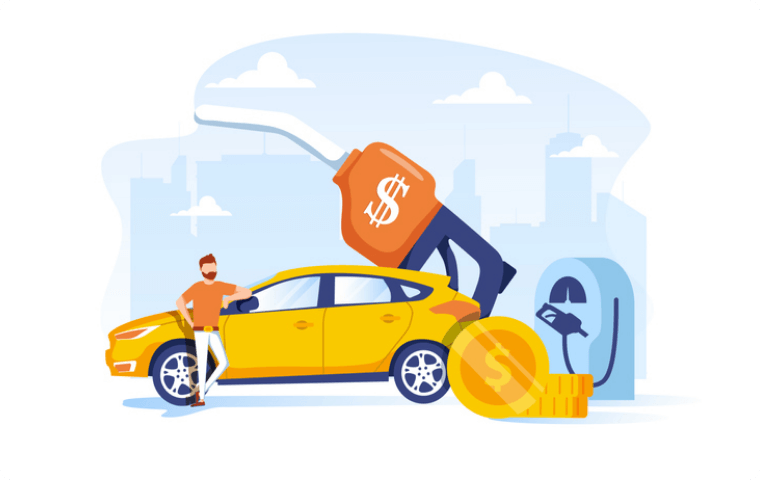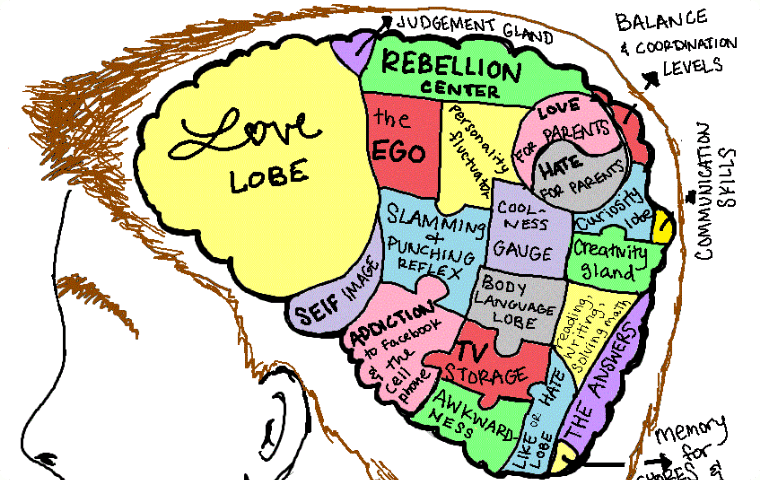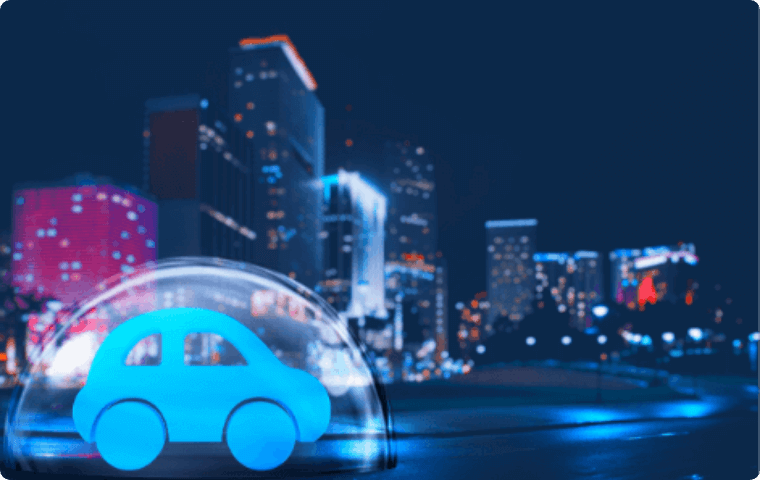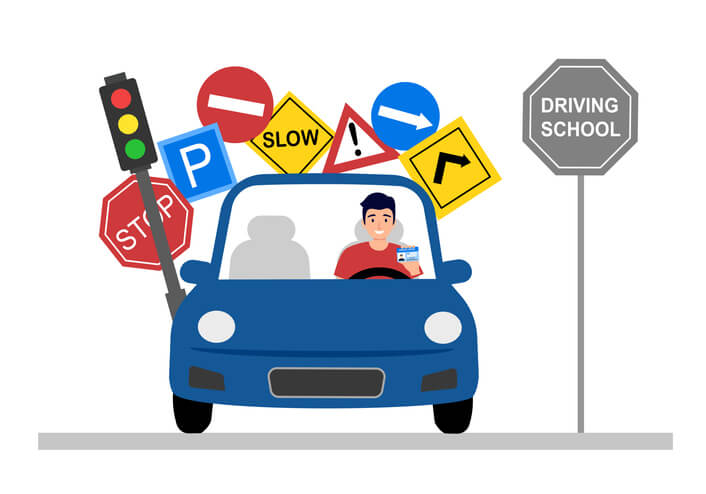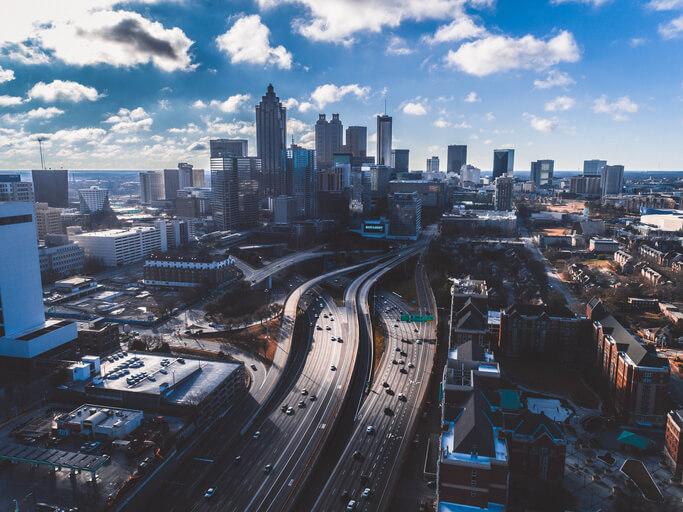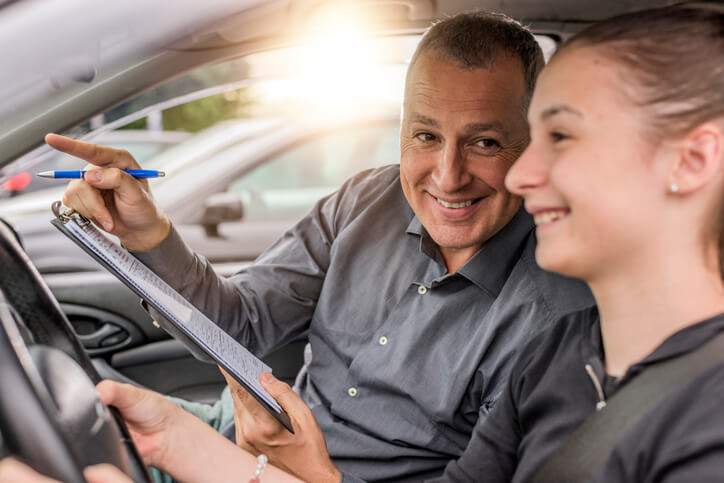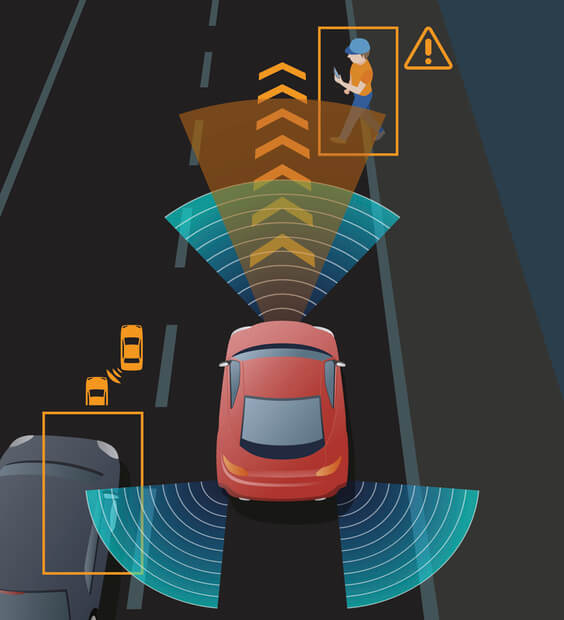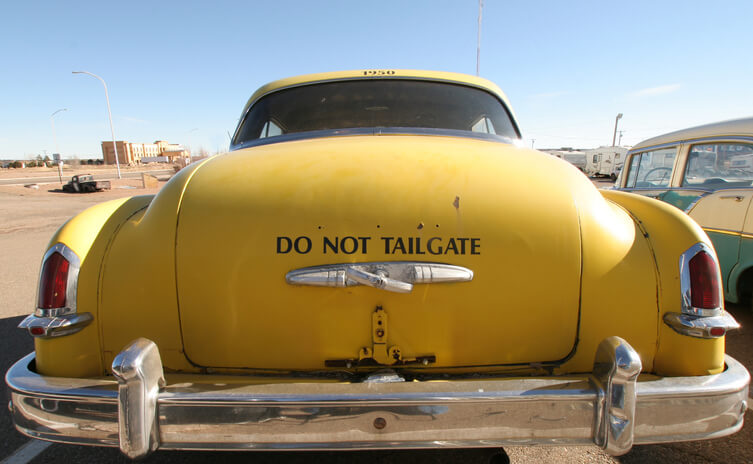There’s a lot to learn for new drivers. There are the practical matters of operating a vehicle, from starting and stopping, accelerating and turning, to properly using your instruments, gauges, and mirrors. The rules of the road where you live. Vehicle maintenance. And that’s just the beginning.
The list of things you need to know seems endless, especially at the beginning of your driving journey. However, what might not be readily apparent are the number of things you’ll learn that you won’t find in any driver manual.
There’s no one trick to saving gas or getting the most value for your money. As both the driver trying to operate their vehicle as efficiently as possible and a consumer trying to make the best choices, there are a few tips and tricks you’ll want to remember.
As a driver
Weight matters. The more weight you’re carrying, the harder your engine must work to produce the same amount of power. Your engine working harder means using a lot more gas. Be mindful of what you’re carrying and try not to bring anything along for the ride you don’t think you’ll need. If you have to transport heavy items, form a plan before you leave. Have a clear understanding of your route and try not to make unnecessary stops.
Smooth and steady. Watch your speed. Traveling too fast consumes more fuel, as does accelerating rapidly. It costs a lot of gas to get caught in the loop of having to accelerate, only to slow down and have to accelerate again. Follow the speed limit and maintain a consistent speed whenever possible to save fuel.
Windows up. Driving with your windows down creates a considerable amount of drag or the amount of air resistance acting upon your vehicle. The more resistance, the harder your engine will have to work to maintain speed, and, you guessed, the more gas you’ll burn to do so.
A/C emergency.
This tip goes right along with the last one, in that they’ll both make your trip hotter but will save you money. Using your air conditioning consumes a lot of fuel — up to 20%. Use you’re A/C sparingly. Your vehicle will perform better, and you’ll have to fill up far less frequently.
Beware the idle. It’s a common misconception that the fuel required to shut your engine down and start it back up is greater than the amount you’d use while idling. The amount of time you’ll do so matters, but an idling engine uses a lot of gas. If you’ll be waiting somewhere for at least a minute or two, it’s best to shut your vehicle down and restart it when you’re ready to go.
Under pressure. There are few components of your vehicle more important than your tires. They serve as your only point of contact with the road and have a much more significant influence on overall vehicle performance than some people might think. The same is true of fuel consumption. Keep your tires properly inflated, consult the psi rating found on the outside of your tire, and check them regularly.
Maintenance is key. Poorly maintained engines do not perform well, and this lack of performance will be reflected in your gas consumption. You’ll want to check your essential fluids regularly and schedule regular oil changes and tune-ups. Something as small as a faulty spark plug could be costing you more than you know.
If you follow the above tips, you’ll give yourself the best chance of getting the most miles you can save per gallon. The following strategies will help you get the most gas for the dollar you spend.
As a consumer
Location location location. Like any other free-market enterprise, stations compete for your business through price. But, just like any other free-market enterprise, you’ll have to do your homework to know where to get the best deal, and location can matter. For example, stations near highway or freeway entrances tend to have higher prices. They know drivers on extended trips have little interest in driving further for cheaper gas, so always compare prices and think about where you’re getting your fuel.
Find an opportune moment. Few things are less fuel-efficient than heavy traffic, stop and go driving. Not everyone will have the luxury, but if you can travel during lower traffic windows, you’ll save gas just by not having to fight the traffic. When faced with heavy traffic, try to find an alternate route where possible. Remember the behind-the-wheel tips mentioned above if you find yourself stuck.
Bundle and save. If you know you have multiple errands to run in a day, or maybe even a week, try to get them all done at once. This strategy works even better if you can do so at a non-peak traffic time. Bonus points if some of your destinations are close enough together to stop, park, and walk between them.
½ tank method. Remember how large a role weight plays in your fuel efficiency? Well, the weight of all that fuel is also a factor. Believe it or not, consistently filling your tank only half full will improve save gas. Though you’ll have to go to the gas station more often, you never have to carry the weight of a full tank of gas, making your vehicle more efficient and saving you money.
While these tips will help you improve your fuel efficiency, there’s no substitute for practice and experience. A savvy driver will pay attention to their gas mileage, employ these strategies, and learn how to improve upon them over time.
Remember, if you don’t succeed at first, don’t get discouraged! There’s no quick fix to saving gas, but there’s always room for improvement, and there’s never a better opportunity to save than your next tank of gas!


